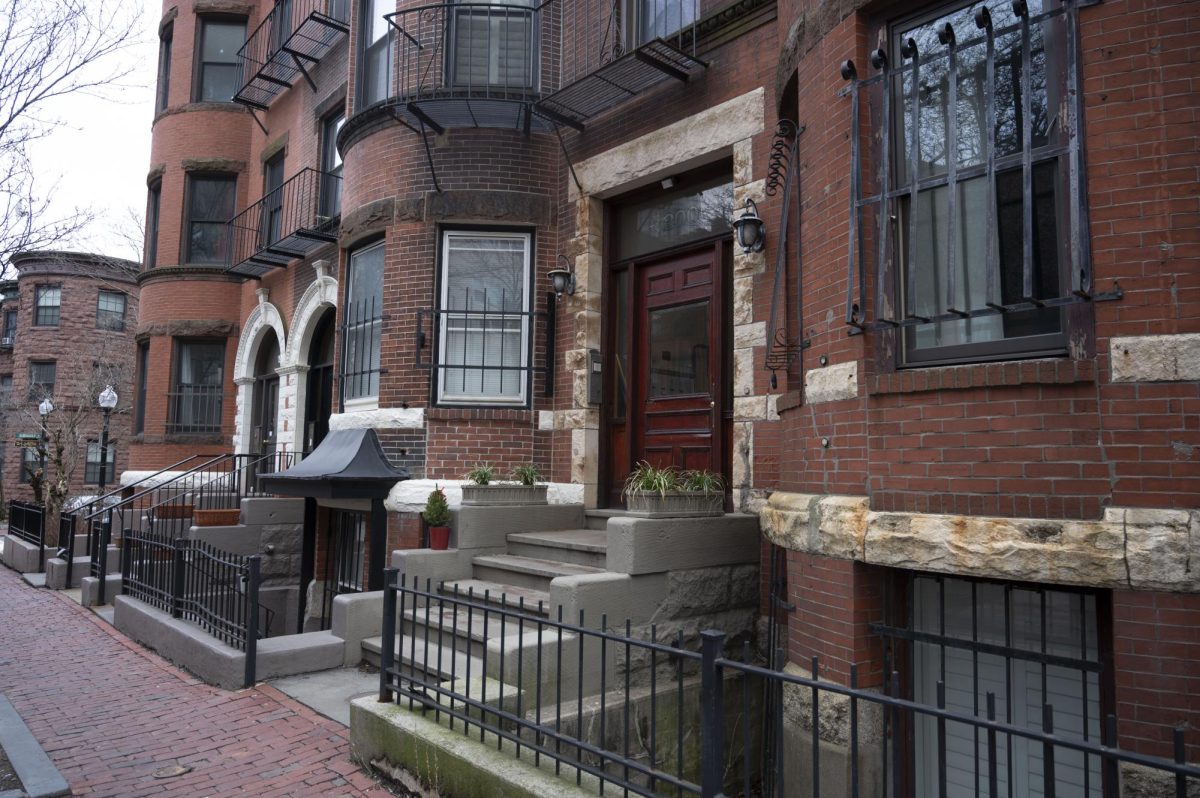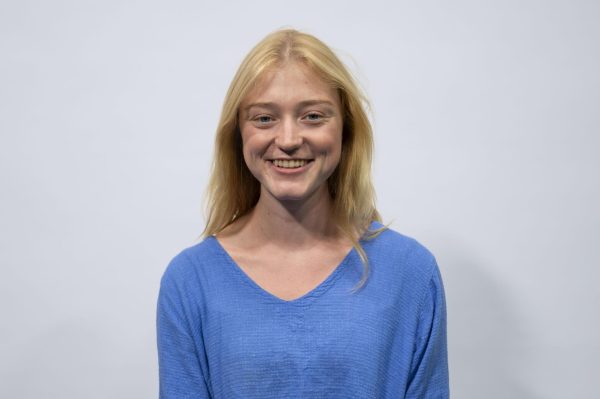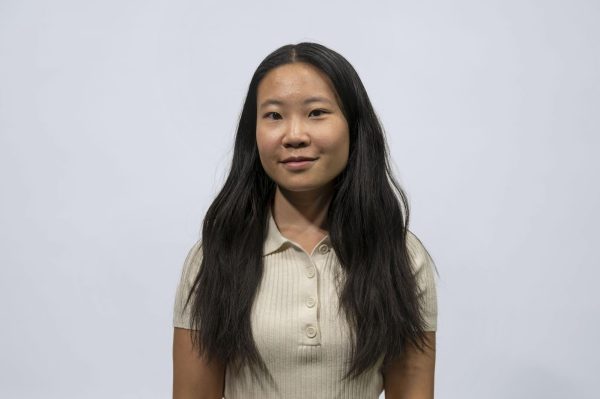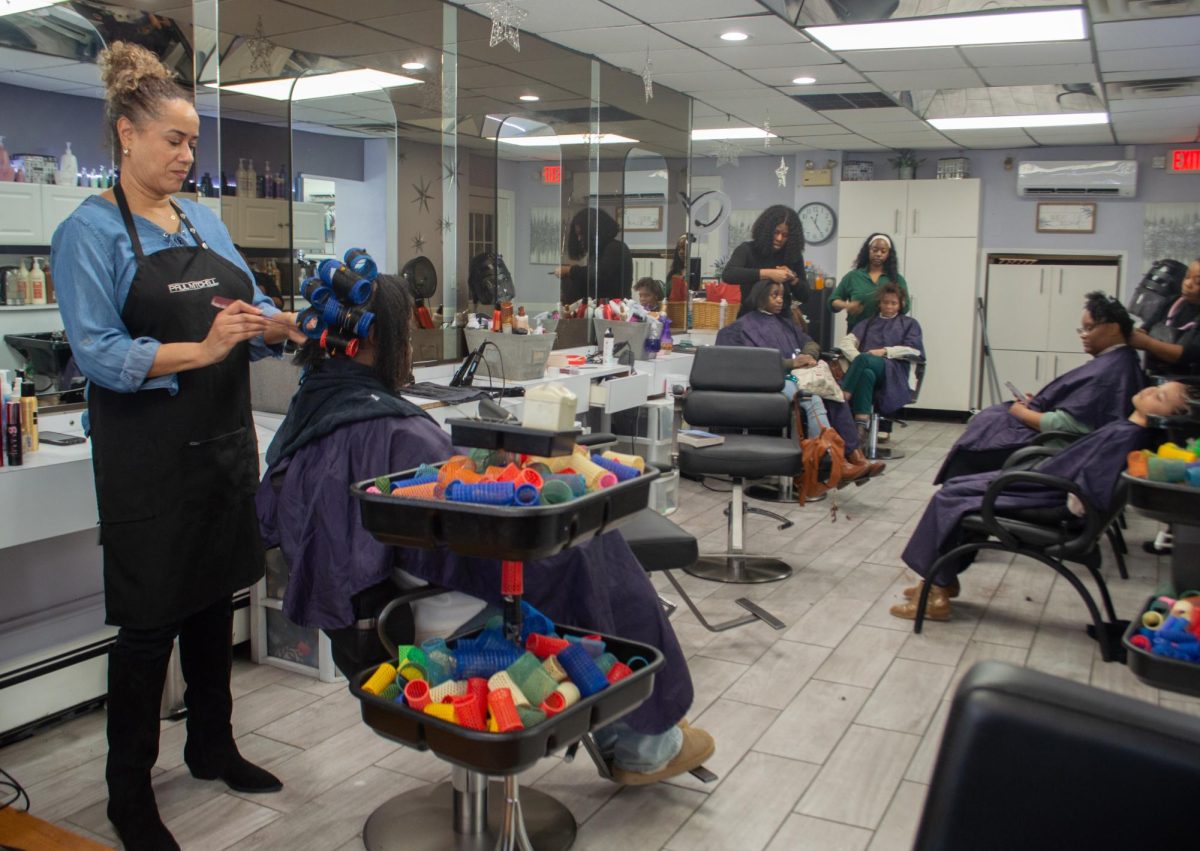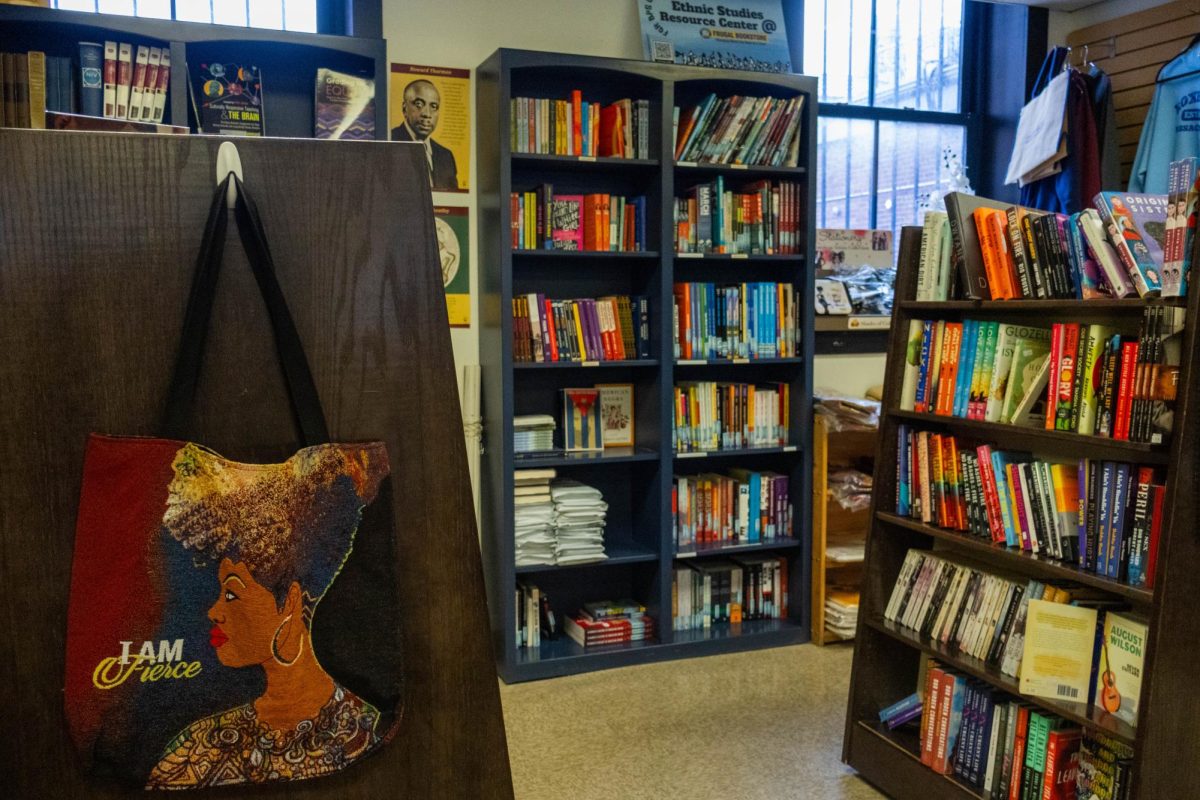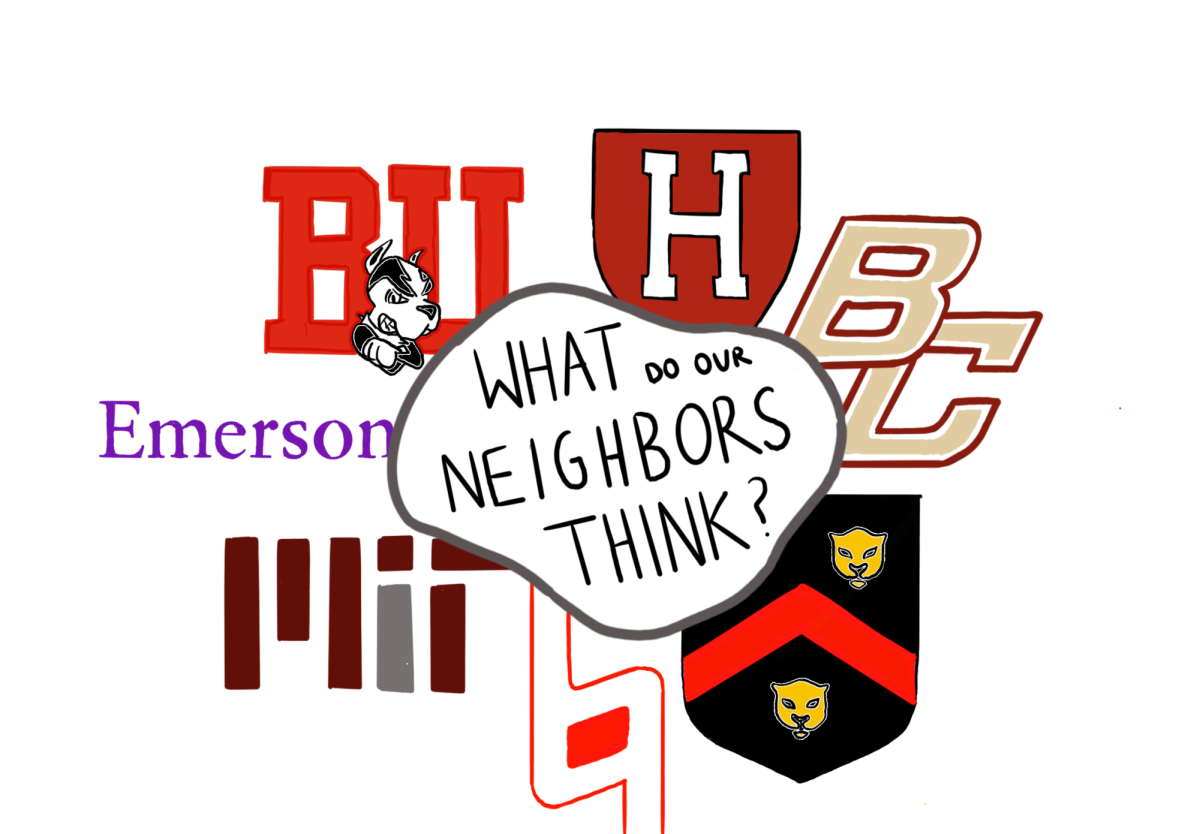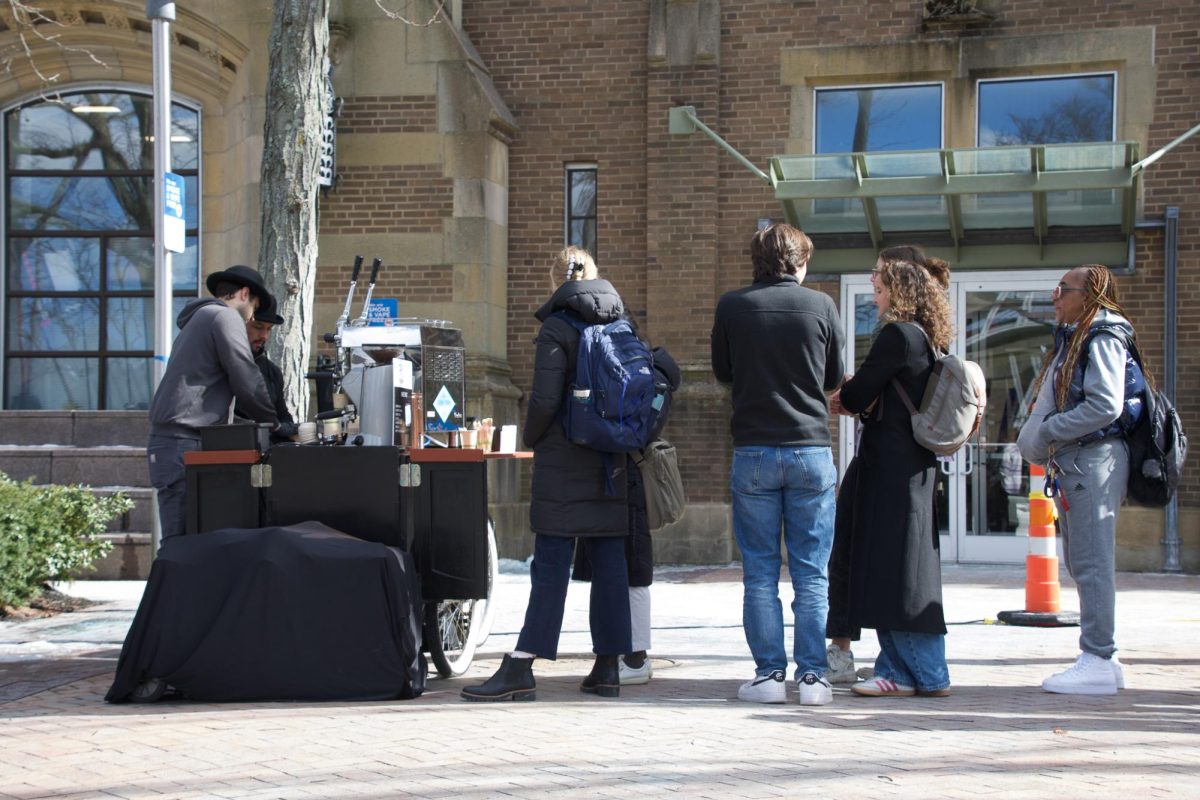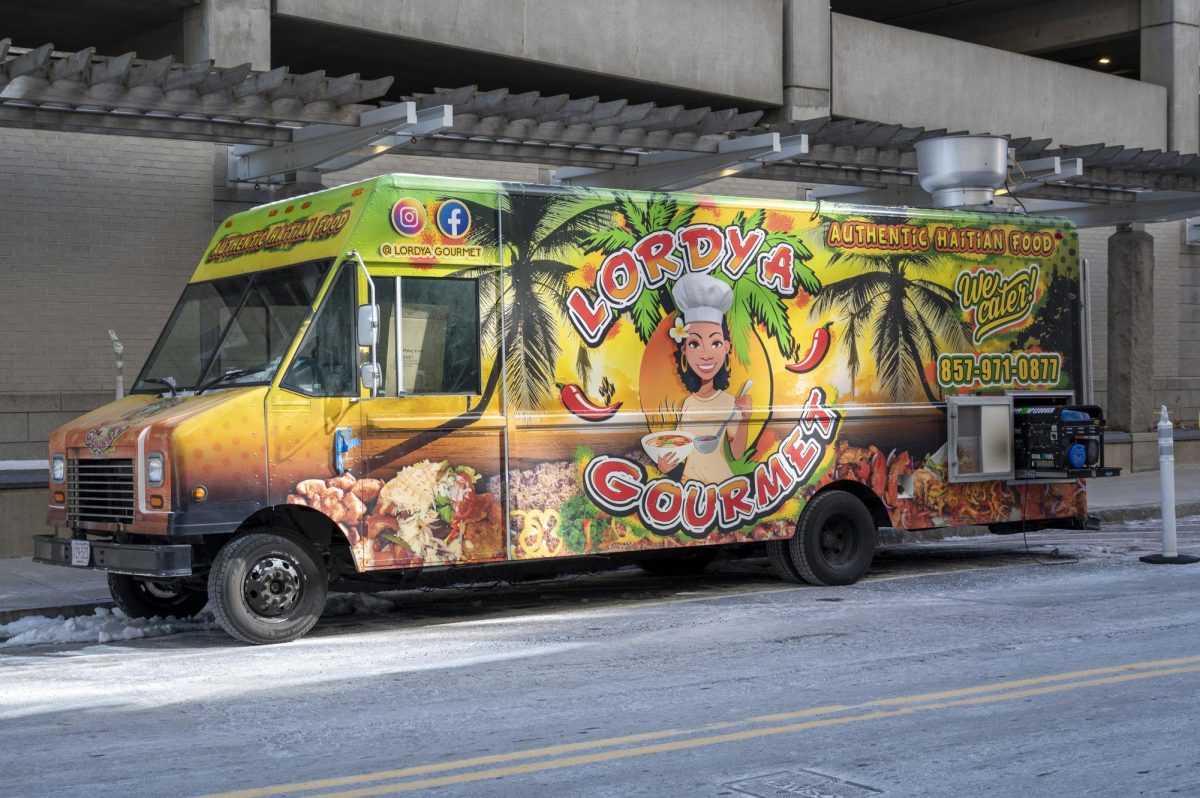Home to Back Bay and parts of the Mission Hill and Fenway neighborhoods, the 02115 zip code was recently reported by The Wall Street Journal as having the priciest residential real estate per square foot in the United States.
“Housing [in Back Bay] is not affordable unless you’re a multimillionaire or billionaire, and that is a constant challenge,” resident and chair of the Neighborhood Association of the Back Bay Martyn Roetter said.
This does not come as a surprise — the zip code has long “been revered as one of the ‘high-end’ areas of Boston.” While the high prices are currently credited to the large volume of workplaces, new developments and investor properties, it was not always this way. Roetter says, like any area, Back Bay has had its ups and downs throughout the 19th, 20th and 21st centuries.
“It has gone through periods of great growth and prosperity and then periods of decline,” Roetter said.
With its tumultuous history, Back Bay was initially conceived for wealthier Bostonians, segregating them from their lower-class counterparts. Remnants of Back Bay’s original intent can be seen in many of the institutions still present in the area, such as the Museum of Fine Arts.
“It’s no mistake that the [Isabella Stewart] Gardner Museum, a private home for the daughter of a New York City industrialist, is here,” Northeastern history professor Jessica Parr said. “It’s no mistake why it’s the original home of the Museum of Fine Arts — it’s a swanky part of Boston.”
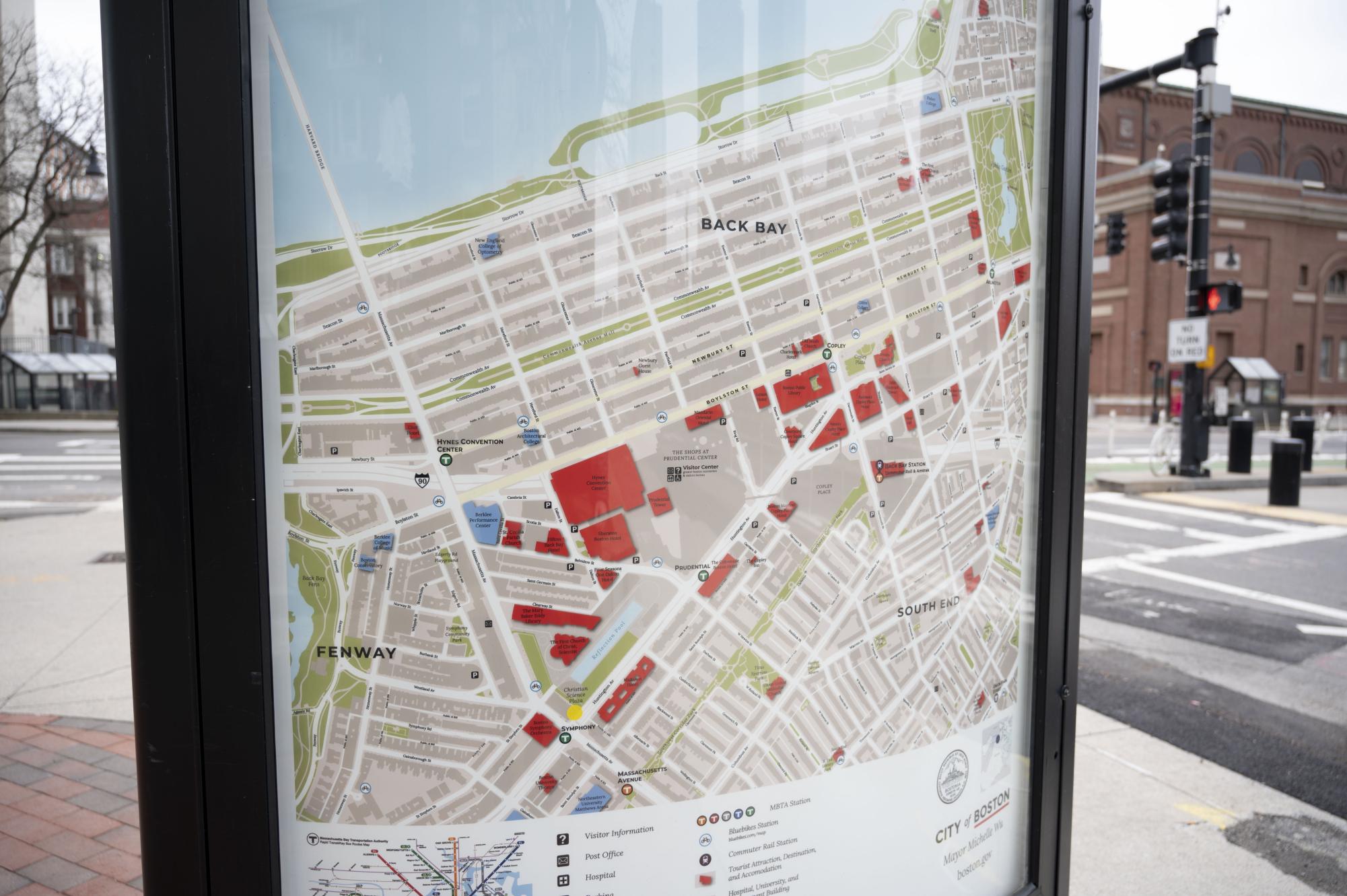
With the creation of the MBTA and widespread adoption of cars during the 20th century, more people began traveling outside the city. Many residents moved out of neighborhoods like Back Bay and into the suburbs, which led to decreased inner-city housing development.
In the 1980s, Boston entered another era of industrialism, followed by the 1990s and 2000s tech boom, making Boston’s Back Bay desirable once again, Parr said.
Dietmar Offenhuber, associate professor of public policy and urban affairs and art and design at Northeastern, said Back Bay is now a central office and business hub of Boston.
“Companies are attracted to the area which means they need to find housing for employees with high salaries,” Offenhuber said.
With Back Bay housing a high volume of workplaces and employees in those spaces wanting to live close by, professionals who can afford high rent costs fill many residential spaces in Back Bay.
Alexandra Conigliaro Biega, a principal real estate agent at Compass, said many are attracted to the zip code because of the proximity to the Charles River, ample green space and public transportation.
“It kind of checks all the boxes,” Biega said.
Because of these desirable features, prices in the area have continued to rise.
“It goes up and down but long-term it has been straight upwards,” Biega said, referring to real estate costs in the 02115 zip code.
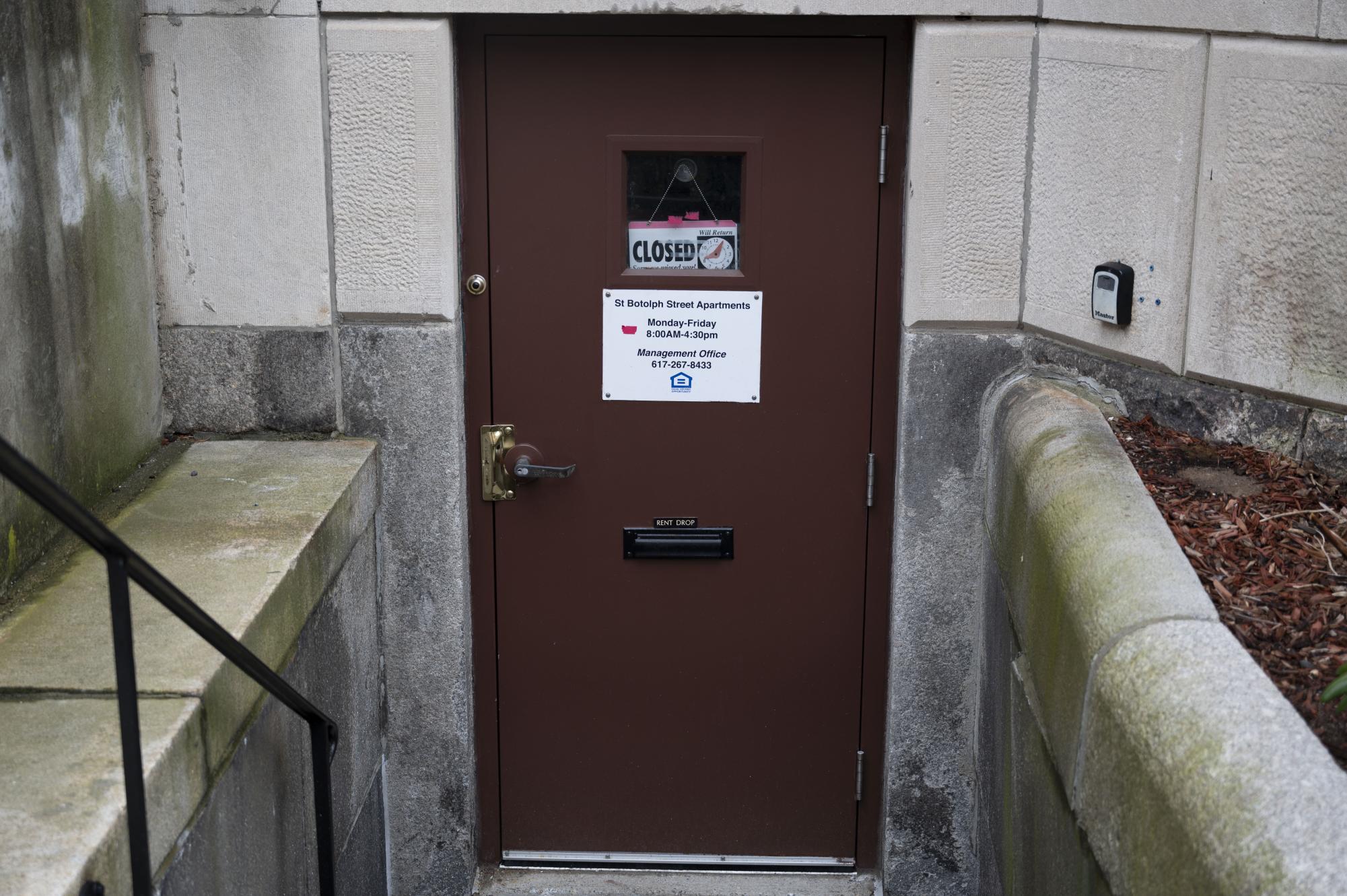
Part of this upward trajectory is caused by new developments like One Dalton. Biega said the 61-story tower, with a Four Seasons Hotel on the lower floors and private residences on the upper floors, has skewed 02115’s metrics.
“If you have a normal volume of sales and then there’s a spike for about 150 units that sell for a high number, that’s where you’re seeing that drive up in price for square foot,” Biega said.
Though the new luxury tower has been fruitful for some real estate agents and driven up 02115’s price per square foot, some residents are not happy with the development.
“There are too many buildings aimed at the top 1%,” Roetter said. “They get approved by the Boston Planning and Development Authority, and it’s just very hard to get housing that’s affordable.”
One Dalton is not the only new luxury building near by. In fact, many of the new developments surrounding the 02115 zip code are being marketed as luxury buildings, meant to appeal to young professionals working in the city.
Offenhuber said the new developments near Northeastern are a prime example of this.
“New buildings generally do raise the prices because new housing, unless it’s specifically designated as affordable, is generally marketed as luxury housing,” Offenhuber said.
Roetter said investors buying properties to list on websites like Airbnb as short-term rentals is another obstacle to the area’s affordability.
“Investors come in and buy residences and think they can make more money with short term rentals, which reduces the residential stock,” he said.
New luxury buildings and investment interests all contribute to high costs throughout the 02115 zip code, which forces many residents to look elsewhere for housing.
“There’s more pressure on other poorer neighborhoods with more financially accessible housing, which is why we see the gentrification of these other neighborhoods,” Parr said.
Despite these setbacks, there have been pushes from groups like Massachusetts Housing Investment Corporation and government agencies to provide affordable housing in the state.



